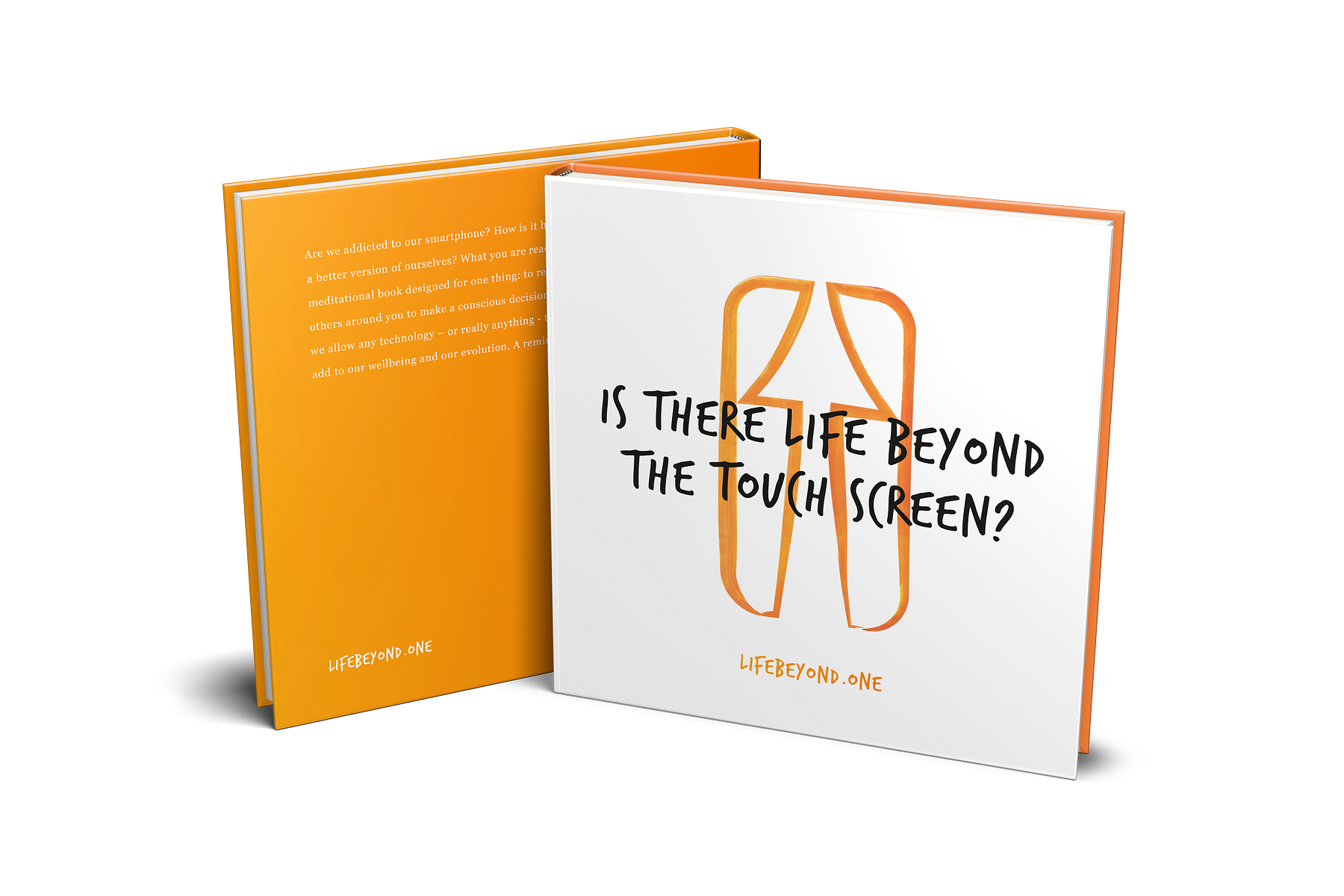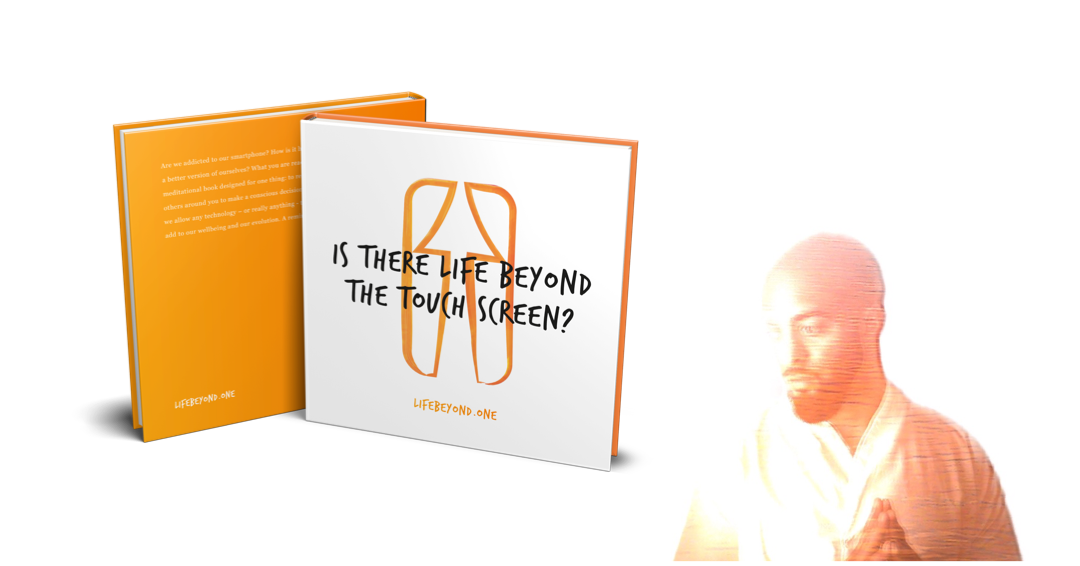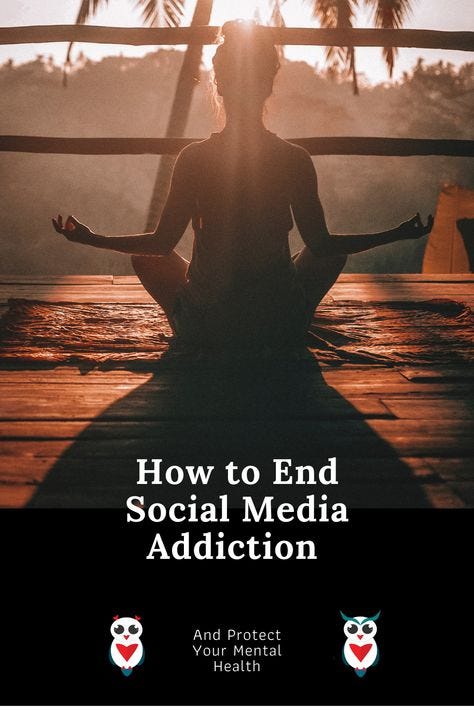
February 2021. The events of 2020 and early 2021 are leading to heightened stress and risk of digital burnout. Except for you. The book “Life Beyond the Touch Screen” (award-winning, critically acclaimed) can be the starting point for taking back control over our mental health, focus, and overall wellbeing. But I guess that’s not for you.
Mental health starts with awareness and self-care. In 2021, it starts with digital self-care.
Oh, no, you’re probably fine. This is not about you. You don’t spend too much time online, or on your devices. Nooo. You’re certainly not spending insane amounts of time on a screen since we’ve gone into lockdown everywhere in the world. I just happened to catch you online right now, right?
Your eyes aren’t prickly and dry from staring at digital screens all day. [Seriously, close your eyes for a few seconds and move them left to right and up and down a few times, to get your eyeballs moist again. Thank me later.]
Relax, I’m not asking for you. I’m asking for a friend.
Heightened risk of digital burnout due to Covid-19-related stress and increased device usage
Anyway, now that I have reached you online, let’s talk about being online for a second.
Let’s be real, and let’s be level-headed. Digital technology makes our lives so much easier in so many ways. During the worldwide Covid-19 crisis and subsequent lockdowns, it has helped us stay connected, and made it possible for many of us to continue to do our work.
But evidence of the adverse effects technology use can have on our mental health had also been piling up well before the events of 2020. Digital technology has been established in numerous studies to be linked to decreased focus, productivity, and wellbeing. Overuse contributes to feelings of depression, loneliness, suicide, and the occurrence of burnout.
The technology has also been widely linked to unethical persuasion in business and politics, and the link to the propagation of Fake News is blatantly obvious by now.
The technology in and of itself is neutral. The problem is awareness and choice. How is your awareness doing, right now?
The effects of Covid-19 and the worldwide lockdowns on our mental health
What is the effect that the current global covid-19 pandemic and subsequent lockdowns have on our stress levels and device usage?
The fear and uncertainty related to the covid-19 crisis itself are extremely stressful for many people across the world. Not you. Just, many people. Medical service provider Ginger reports that seven out of ten workers say that the current crisis is the most stressful period of their entire career.
As someone’s mother, someone’s lover, someone’s co-worker — always checking E-mail, WhatsApp, Instagram, Facebook — I needed some help to check if I’m still in tune with the human part of me. Especially now.’
– Varsha Bahadoer, Mental Health Professional.
Covid-19 and subsequent lockdowns cause people to work and leisure from home at unprecedented levels, which leads to more technology usage and a higher prevalence of problems related to overuse;
Already in June of this year, the World Association for Social Psychiatry reported in their “Digital burnout — COVID-19 Meditates Excessive Technology use Stress” that the stress from covid-19 is multiplied by the stresses of information overload and other negative effects of digital technology.
We’re all at heightened risk of digital burnout — whether we realize it or not. But there are steps we can take to protect ourselves and our loved ones.
Again. Not asking for you. Asking for a friend, my friend.
Life Beyond the Touch Screen: your starting point for better digital self-care
We can take better care of ourselves and each other and improve our lives now — by starting with our digital habits and making a conscious choice as to how we want digital tech to impact our growth and wellbeing. This is exactly what the book “Life Beyond the Touch Screen” aims to do.
Life Beyond the Touch Screen was written by this guy (me) Erwin Lima, a Marketing and Innovation Philosopher, and Ethicist, who has a background in psychology, marketing, and technology. The book secured the Hacker Noon Award “Mental Health Advocate of the Year”, and comes recommended by New York Times best-seller and top expert in the realm of habit-forming technology Nir Eyal:
Really enjoyed it! Lima has written a beautiful meditation on how we can slow down and get more out of every minute, with or without our devices.’
– Nir Eyal, bestselling author of Hooked and Indistractable.
In these trying times, we can all use a little bit of help — if only we choose to care enough to allow ourselves and each other to recognize the stresses we’re all under currently.
The perfect gift for yourself, your loved ones, and your coworkers in 2021? A book that helps you focus on self-care and purpose, inspires you to spend your precious time and energy on the things that truly matter, and gives you the tools to help you stick to what you plan to do; online and offline.

Life Beyond the Touch Screen can be purchased at www.lifebeyond.one, as a paperback or e-book. Use code FocusEnergyAndHappiness2020 for a discount on your order. For organizations, a digital presentation and workshops on healthy and productive use of digital technology are also available.
This article was originally published at www.lifebeyond.one.



